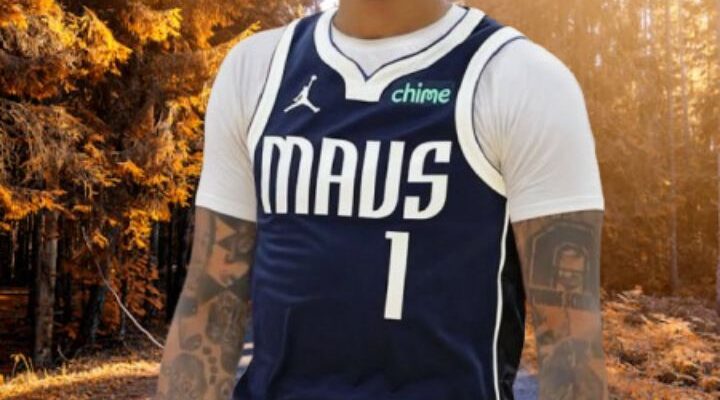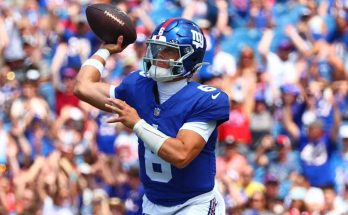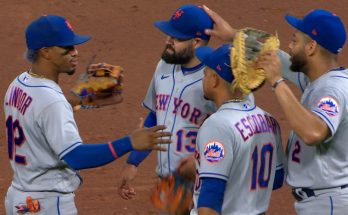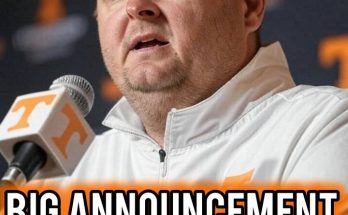According to @TheSteinLine, the Dallas Mavericks had D’Angelo Russell higher on their list of free agents over Chris Paul for two reasons. Dallas believes that Russell will find it simpler to “carve out a supplementary role when Irving is back.”
According to @TheSteinLine, the Dallas Mavericks ranked D’Angelo Russell higher on their list of free agents than Chris Paul, and this preference was influenced by two main factors. First, Dallas believes that Russell would find it simpler to carve out a supplementary role when Kyrie Irving returns to the team. This is a crucial consideration given the dynamics the Mavericks are anticipating in their backcourt lineup once Irving is healthy and able to play a full season. The team evidently sees Russell as a player who can adapt his game and fit alongside Irving without causing significant overlaps or conflicts in roles, which could be more challenging with a player like Chris Paul.
Russell’s skill set aligns more naturally with the type of secondary role that Irving is expected to command. Kyrie, being a dominant ball-handler and primary playmaker, naturally requires a teammate who can complement rather than compete for ball dominance. Russell’s ability to score efficiently off the ball and handle secondary playmaking duties means that he could slide into a role that provides scoring punch and some playmaking without needing to be the team’s primary focal point. This adaptability would make the transition smoother and help maintain offensive flow, a critical factor for the Mavericks’ ambitions.
Second, Dallas likely took into account the overall fit and long-term strategic vision for the roster. Chris Paul, while a legendary point guard and an elite floor general, represents a different kind of challenge. Paul is accustomed to being a team’s lead orchestrator and would require significant adjustments from Irving’s game or overall team structure. The Mavericks might have been concerned about how having two players with strong playmaking instincts and leadership personalities on the court at the same time could affect team chemistry and offensive spacing.
Moreover, Chris Paul is older and has had a history of injuries, which could raise concerns about durability and longevity. The Mavericks might be thinking about the sustainability of their roster and prefer to invest in a player like Russell, who is younger and perhaps offers more flexibility in terms of contract and future development. Russell also brings a high level of scoring ability and can create shots for himself and others, which is valuable in a complementary role, especially in today’s NBA where spacing and shooting are paramount.
Another subtle consideration could be financial and contractual implications. The Mavericks, operating with a finite payroll and looking to build around a core that includes Luka Doncic and Kyrie Irving, would naturally weigh the cost-benefit aspects of signing either player. Russell may be a more cost-effective option that still provides the team with a quality secondary scorer and playmaker, whereas Paul’s market value might come with a higher price tag and potentially less flexibility for the Mavericks to fill out their roster with additional complementary pieces.
The decision to rank Russell higher also reflects a forward-thinking approach. Dallas seems to value roster harmony and the ability to construct a team that maximizes the strengths of their star players rather than merely acquiring big names. This approach is consistent with modern NBA roster construction principles where fit, role clarity, and chemistry often outweigh star power alone.
In summary, the Mavericks’ preference for D’Angelo Russell over Chris Paul comes down to their belief that Russell would more easily adapt to a supplementary role alongside Kyrie Irving, offering scoring and secondary playmaking without disrupting the team’s offensive flow. Additionally, considerations about long-term fit, durability, chemistry, and financial flexibility made Russell a more attractive option for Dallas as they plan to compete at a high level. This strategic thinking highlights the Mavericks’ commitment to building a cohesive and balanced team capable of maximizing the talents of their stars while maintaining the flexibility to adjust and grow in future seasons.



